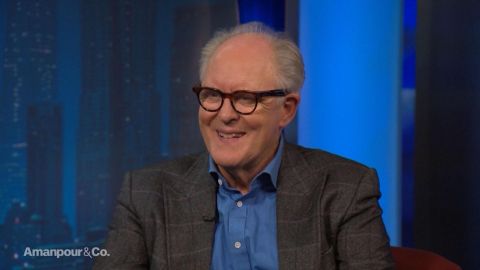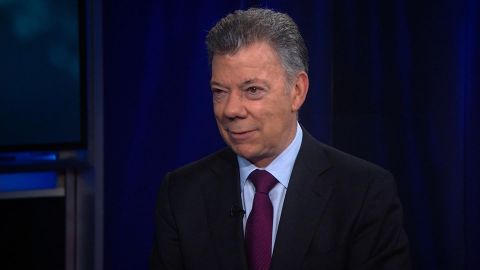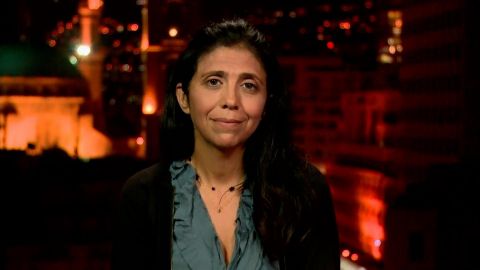Read Transcript EXPAND
CHRISTIANE AMANPOUR: So, let me ask you from the beginning. We’ve seen prime minister listen to what the street had said and he has offered his resignation. But what does it mean? What happens next? There will be a caretaker government. The president is still in place. What happens next?
MONA FAWAZ, PROFESSOR, AMERICAN UNIVERSITY OF BEIRUT: Well, I think, in order to understand the significance of today’s resignation, and as you noticed, I’m having a hard time hearing you, you have to hear the celebrations that are happening on the street and to really locate them in their context. What people are celebrating today is not necessarily the resignation as much such as this the opportunity that the country has to set itself on a new course. Of course, that’s different from the financial crisis, from the poverty, the environmental deterioration and the cost that we have been living in the last 30 years. So, there was a moment in which the protest that started, that were sparked really by an unjust attack turned into a massive protest that went beyond the usual size but also, way beyond the usual locations in which the protests were happening. And by (INAUDIBLE) account, there were some 2 million people who were on the streets across all the nation and they were first really demanding more justice and the life and dignity. But then when they saw themselves altogether, they’ve — and conversations began to happen and people noticed that what was keeping them so divided was this kind of government through which they were, with sectarianism, with mode of government that has been in place since the 1990s. They began to demand something more. They demanded resignations. But they essentially demanded to certain place a different of government, a different mode of governance, a way in which we can really begin to build true form of citizenship that can take the country, drive the country out of the financial crisis, the poverty and give us an opportunity to live with dignity. This is really what it is about.
AMANPOUR: So, Mona Fawaz, dignity is very important, fairness is very important, the desire for a non-corrupt state is very important. But one of the standout issues for your country is the sectarianism, and that has been the sort of de facto reality in post-civil world. How does the future look if these very key offices have to be shared out amongst, you know, different fates, the Sunni Muslims, the Shia Muslims, the Druze?
FAWAZ: Look, I mean, if you hear the songs down there, what they are actually saying is that finally we are liberated from these divisions.
About This Episode EXPAND
Former U.S. Secretary of Veterans Affairs David Shulkin joins Christiane Amanpour to discuss his experience inside the Trump administration. Mona Fawaz weighs in on Lebanese Prime Minister Saad Hariri’s resignation, and Juan Manuel Santos analyzes unrest in Latin America. Actor John Lithgow explains the origins of his satirical poetry collection “Dumpty: The Age of Trump in Verse.”
LEARN MORE



